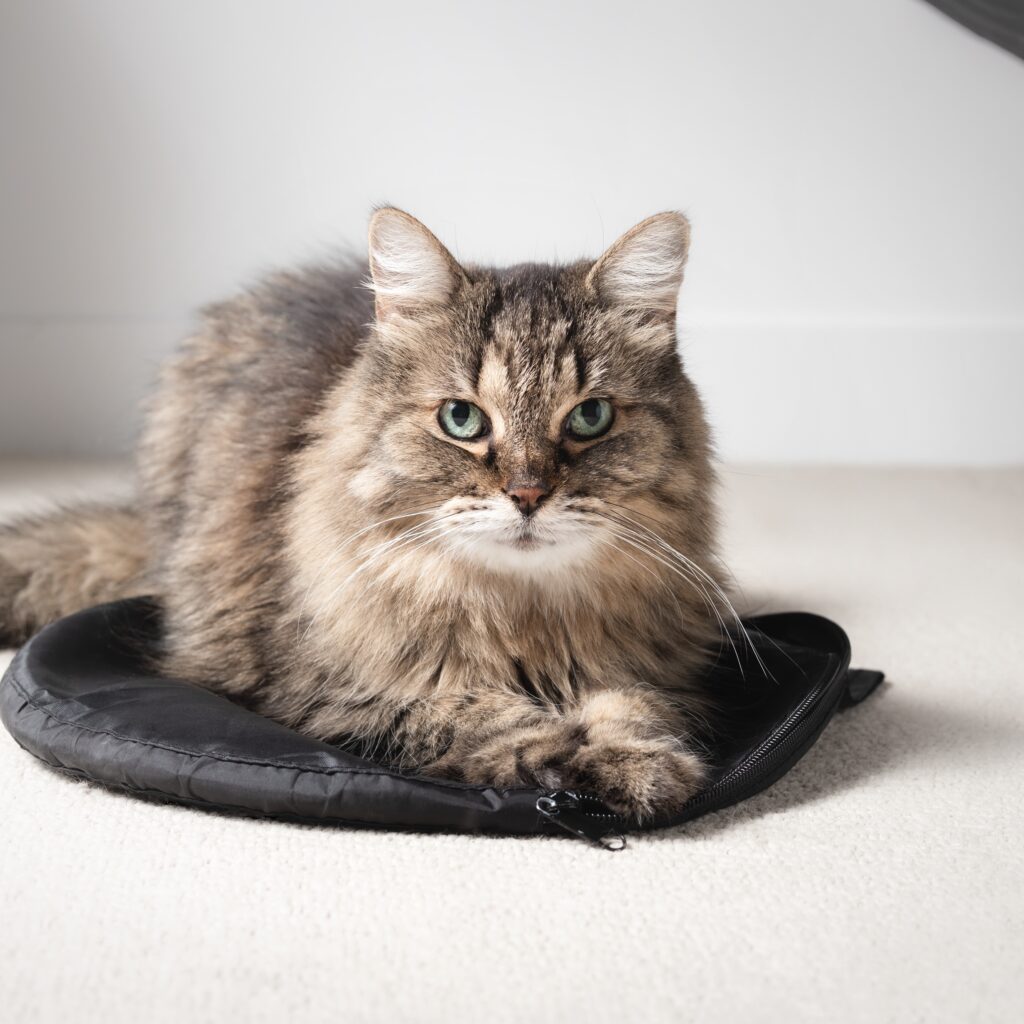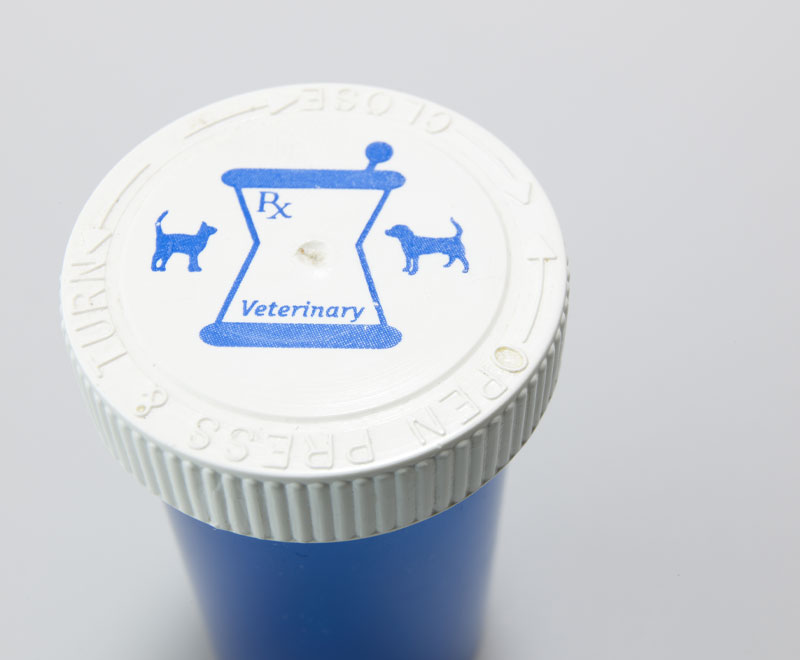
Lotus Pet Oncology offers teleconsulting services to veterinarians and pet owners. The consults can be performed with the pet owner, primary care veterinarian and oncologist (preferred), the primary care veterinarian and oncologist, or the pet owner and oncologist. Appointments are scheduled for 45-60 minutes and are done via a video conferencing platform. After hours and emergency consultations are available on an as needed basis. A written consultation summary is provided to all parties participating in the consult within 24 hours.
During the consultation we will review the diagnosis, current test results, recommended follow-up diagnostics, treatment options, owners goals, and questions/concerns. We will discuss all of the options for treatment and provide insight and input, regardless if or advanced or palliative care is pursued. Lotus Pet Oncology will work directly with the primary care veterinarian if they would like to perform treatments in their office. Dr. Binstock strives to offer a compassionate yet realistic perspective pertaining to the journey of a pet with cancer. She is available for follow ups via appointment and will hold virtual “office hours” weekly.
Receptor tyrosine kinases (RTKs) are tyrosine kinases that reside on the cell surface that are activated through binding growth factors. Receptor tyrosine kinases play a critical rose in the signaling pathways the control normal cellular processes such as proliferation, migration, metabolism and differentiation. Mutations of RTKs can occur during the development and progression of cancer, and they are targets for therapeutic intervention. Whereas traditional chemotherapy kills all rapidly dividing cells, tyrosine kinase inhibitors (TKIs) are targeted therapies that inhibit specific receptors on the surface of cancer cells and nearby blood vessels. TKIs inhibit tumor growth through direct effects on cancer cells as well as via anti-angiogenic mechanisms. Palladia (toceranib phosphate) is the only FDA approved veterinary TKI. It is licensed for use in the treatment of canine mast cell tumors, but is used off label to treat a variety of other in cancers in dogs and cats. Palladia is administered in tablet form three times a week or every other day. Palladia is well tolerated in general but can cause gastrointestinal upset, neutropenia, muscle pain, protein losing nephropathy, and other side effects. If a side effect occurs, it will usually resolve when 1-2 doses are skipped and symptomatic therapy is instituted. While on Palladia the patient should be monitored monthly via lab work and a physical examination.


Metronomic chemotherapy involves the use of low-dose daily medications including a chemotherapy drug such as cyclophosphamide or chlorambucil and an oral non-steroidal anti-inflammatory such as carprofen or piroxicam. Metronomic chemotherapy alters the tumor microenvironment. Tumor cell endothelium is more proliferative than endothelium within normal tissues, making it a potential target for chemotherapy drugs. Targeting the tumor cell endothelium with metronomic chemotherapy implies a shift in the target that is being treated. In addition to its anti-angiogenic effects, metronomic administration of chemotherapy alters the dynamics of the immune system to favor innate tumor killing. Regulatory T cells (Tregs) inhibit T and natural killer cells; metronomic cyclophosphamide has been shown to suppress Tregs which allows for stimulation of the immune system.
This type of care focuses on providing pets with relief from symptoms of their cancer. It typically involves management of pain, diet adjustments, appetite stimulants, etc. In some cases, radiation therapy or specific medical therapies may be recommended to improve comfort. The goal is to maximize quality of life for each individual pet and support the owner as much as possible. The transition to hospice care allows us to provide your patients the most dignified, painless death possible.
